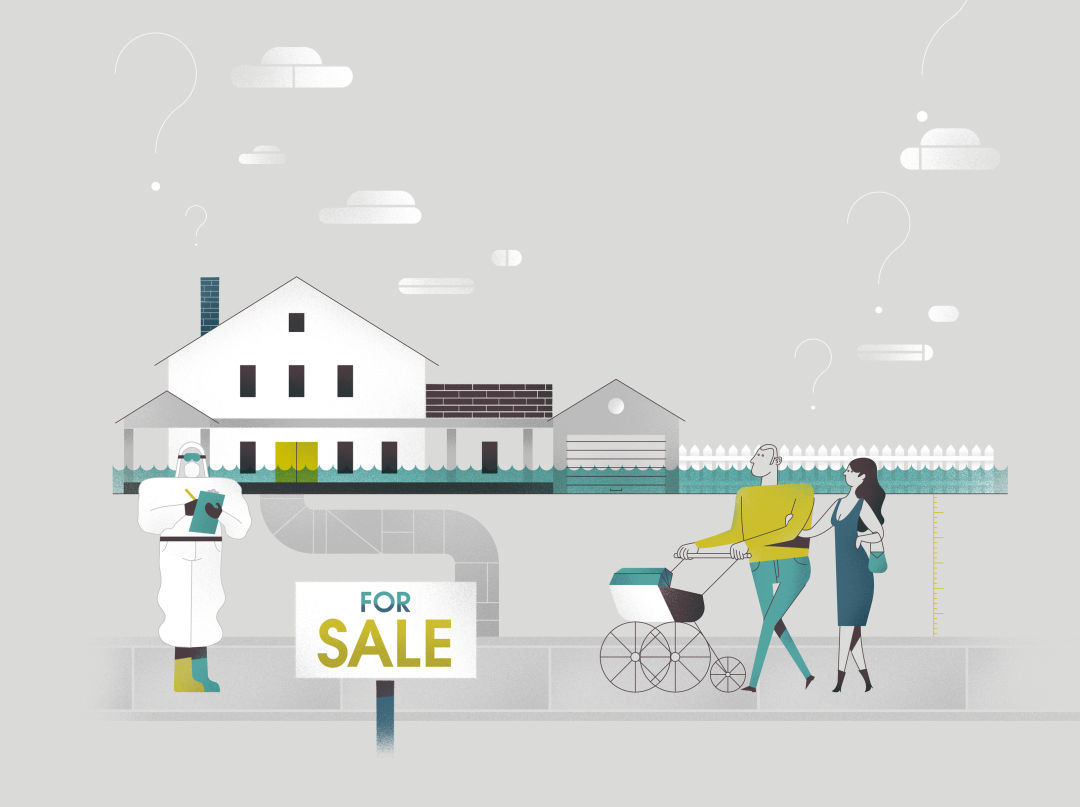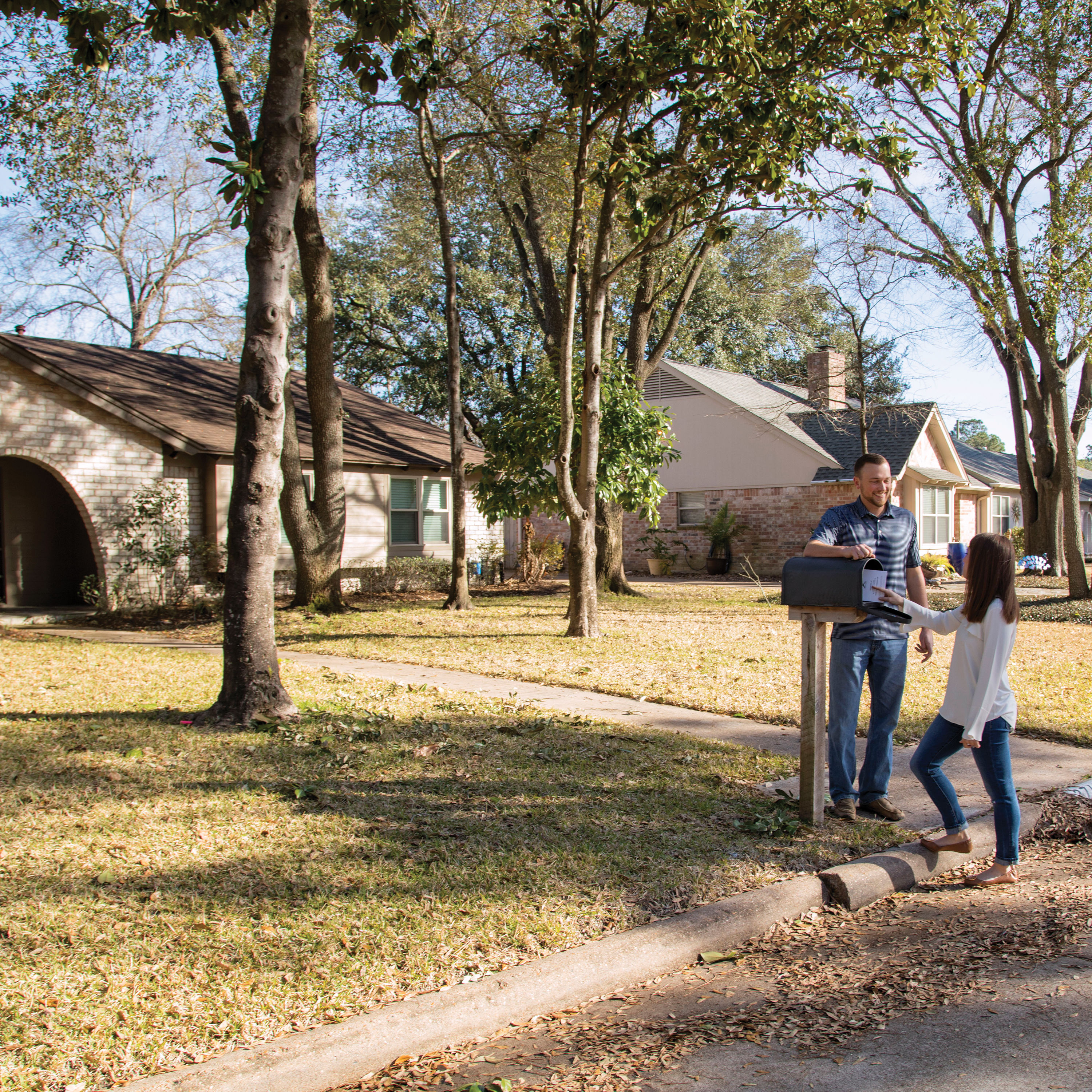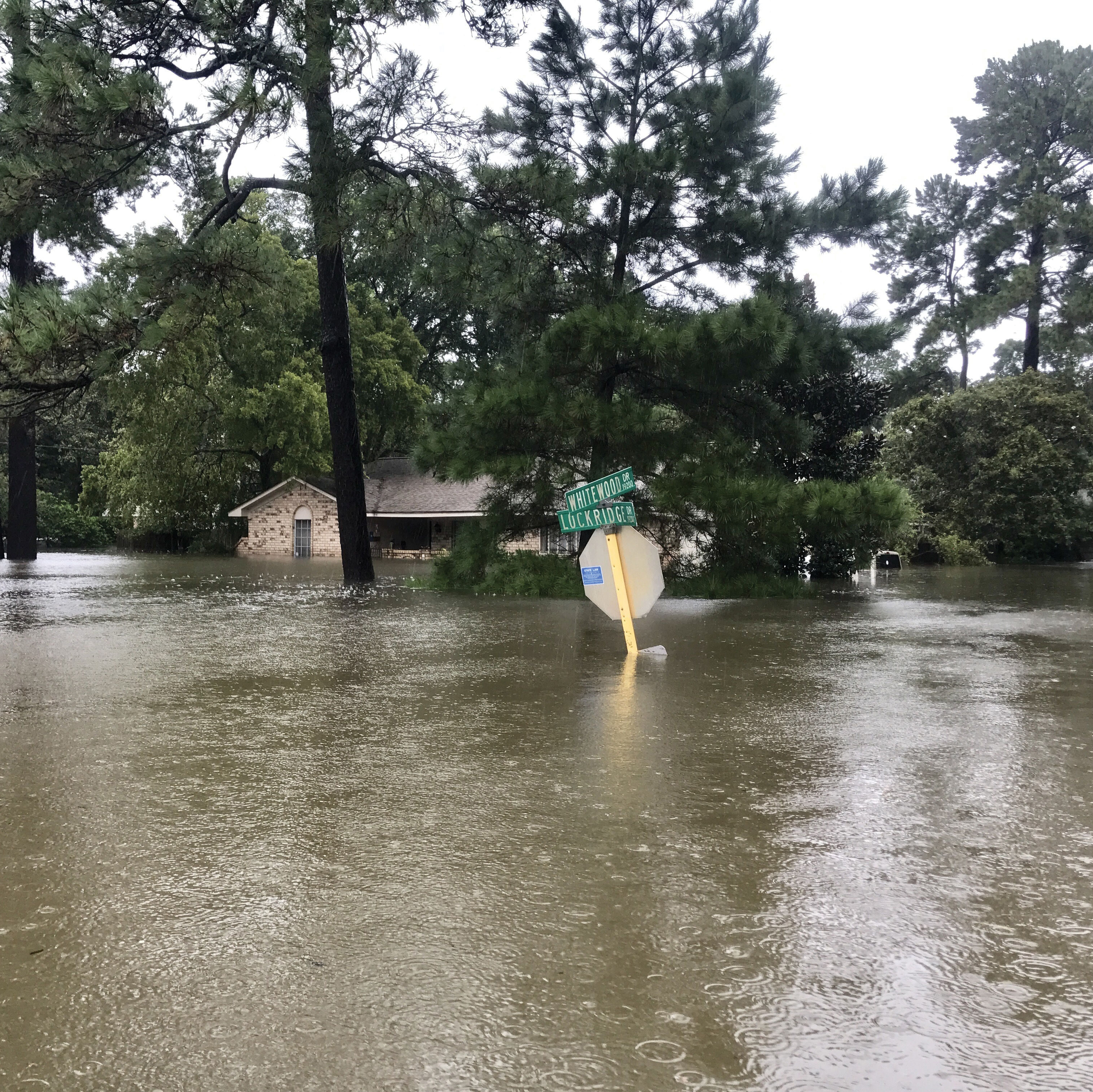10 Questions Every Houston Homebuyer Should Ask Before They Press Go

Image: Christopher Vela
1. Do I need flood insurance?
This is the only question on this list we can answer definitively—yes, you need flood insurance. Before Harvey, many realtors said it was only necessary when it came to certain parts of town, certain types of homes, or certain areas in the flood plain. “That’s about the opposite of what the message should be,” says Caroline Schlemmer, an agent with Greenwood King.
Harvey’s rainfall touched neighborhoods in every corner of our sprawling metropolis. And as Houston continues to add more structures, roads—anything concrete, really—we should expect to see more flooding. We all remember the definition of insanity, right? As Bill Baldwin, broker and owner of Boulevard Realty, says, “If it got 14 feet of water in it for the 11th time in 15 years, it’s insane to think that something different is going to occur in the next year.” And remember: Flood insurance is not the same as typical homeowners’ insurance. Never assume you’re covered for both.
2. Should I buy a house that flooded?
Jim Blackburn, co-director of Rice University’s SSPEED Center and an expert in Houston-area flooding, believes homes that have flooded repeatedly, particularly those along our bayous, probably shouldn’t be there at all.
“We can do a lot of things, but I’m not optimistic we can protect them to the extent they need to be protected,” Blackburn says. “Those homes that are one, two, three blocks out from the bayou, that land could be returned to green space, and we could use that space to increase our flood detention capacity.” Indeed, Harris County has begun buying out properties in the hardest hit areas.
But overall, homes in desirable neighborhoods that had never flooded pre-Harvey will remain desirable, says Sandie Parker, a Martha Turner Sotheby’s real estate agent specializing in Memorial and the Energy Corridor. “I don’t think you will ever be able to get homes in these areas at this price point again,” Parker says.
Luckily, many of these homes have first floors stripped down to their studs, which helps give the buyer a good idea of what they’re getting. Some homes built in the ’60s and ’70s needed electrical rewiring and new plumbing anyway; those expensive jobs come at a deep discount when there are no walls in the way.
Remember, though, just to get in, you’ll need a lender who does renovation loans, because you can’t get a traditional mortgage for a swamped house that will need a lot of work on the front end. “Start with your lender and get someone who can advise you about the process,” Parker advises.
Yes, it’s a gamble, but if you put in time, money, and effort to renovate, you can get a good deal—and, hopefully, avoid future catastrophe. “It’s a little more work,” Parker says, “but the values are phenomenal if you’re willing to go through it.”
3. Am I in the flood plain?
Houstonians shouldn’t look exclusively at these to determine the likelihood of a home being inundated—remember, some of the areas that took on water during Harvey had a one-in-1,000 chance of doing so—but it doesn’t hurt to know where your potential home stands in the historic trajectory of Houston’s floods. Tools like the City of Houston’s Geographic Information Management System (GIMS) can determine exactly which flood plain a given home lies in, which, by the way, also impacts everything from insurance rates to resale numbers.
4. How has the block fared?
A better estimate of how a home will weather another major flood can be found by simply looking around. In parts of Houston, the storm hit individual blocks hard, while others in the same neighborhoods were fine.
But! Don’t assume a structure will be fine just because it wasn’t swamped previously. There’s no guarantee a house that stayed dry won’t flood next time, given variables such as the development of the surrounding neighborhood—in fact, there are no guarantees, period. Still, if a home’s bordered by high and dry houses, there’s a good chance it will fare the same.
5. Where is the house placed on the lot?
A home’s distance from the street, plus how high it sits on a lot—whether the result of physical location, or pier-and-beam construction—can also factor into its odds of avoiding water. “It doesn’t even matter if it’s in the flood plain. If it’s a low house on a low street, I’m nervous as hell,” says Baldwin.
6. Were mold tests done?
If you do purchase a house that went under, it’s important to learn how the previous owner handled the lingering effects of standing water. Fresh drywall does not equal a treated mold problem, warns Schlemmer.
Depending on the type of home, there are specific steps for getting rid of moisture, disinfecting, and rebuilding. If the process has been done properly, there will be documentation for the next owner, and the building should pass a mold inspection. Make sure to get a certificate of mold-damage remediation from a contractor licensed in the state of Texas (some were not required to be licensed in the initial aftermath of Harvey), and to do an air-quality test, too.
“We’re going to find that some houses were done really well and they followed all of the proper steps,” says Schlemmer, “and some houses were just done quickly.”
7. What’s going on at the HOA meetings?
Attending the neighborhood’s homeowners’ association meetings or requesting the notes from one is a way to sneak a peek at current residents’ day-to-day concerns. “A lot of times you will just ask for HOA normal [documents] and you just get the things that were approved,” says realtor David Houston. “But I would want to know what people are complaining about, what is not being improved that they have been complaining about for the last three meetings.”
8. What’s the five-year plan?
Checking out the city’s annual capital-improvement-project meetings can help potential homeowners learn about a district’s infrastructure and where its neighborhoods are heading, from whether the road in front of a particular home will be repaved anytime soon to plans to add a new park or revamp that old public swimming pool.
“If you aren’t on the five-year plan, you have no chance of your street being done or your sidewalk being done,” says Baldwin. “I am always surprised by the number of people who know nothing about this, but then assume that their street is going to be done in two years.”
9. Who are quality contractors?
Flooding aside, all homes need tweaks and repairs at some point. Right now, contractors are, of course, much in demand, making finding quality workers—and avoiding bad ones, whose shoddy work can create all sorts of problems—more challenging than ever. Everyone we spoke with for this story said the best bet is a referral, preferably from someone you know and trust. “A good contractor is not someone who came in from Florida yesterday,” says Baldwin.
10. Can I afford it?
In addition to your initial down payment, expenses like flood-insurance premiums, inspections, HOA fees, and closing costs add up. Renovations and repairs can be pricy, too, whether they’re the result of catastrophe or, say, weirdly done wiring. So be smart about what you’re getting into, because the listed price won’t be the final word on what it will cost. Better to keep house hunting than become house-poor.








